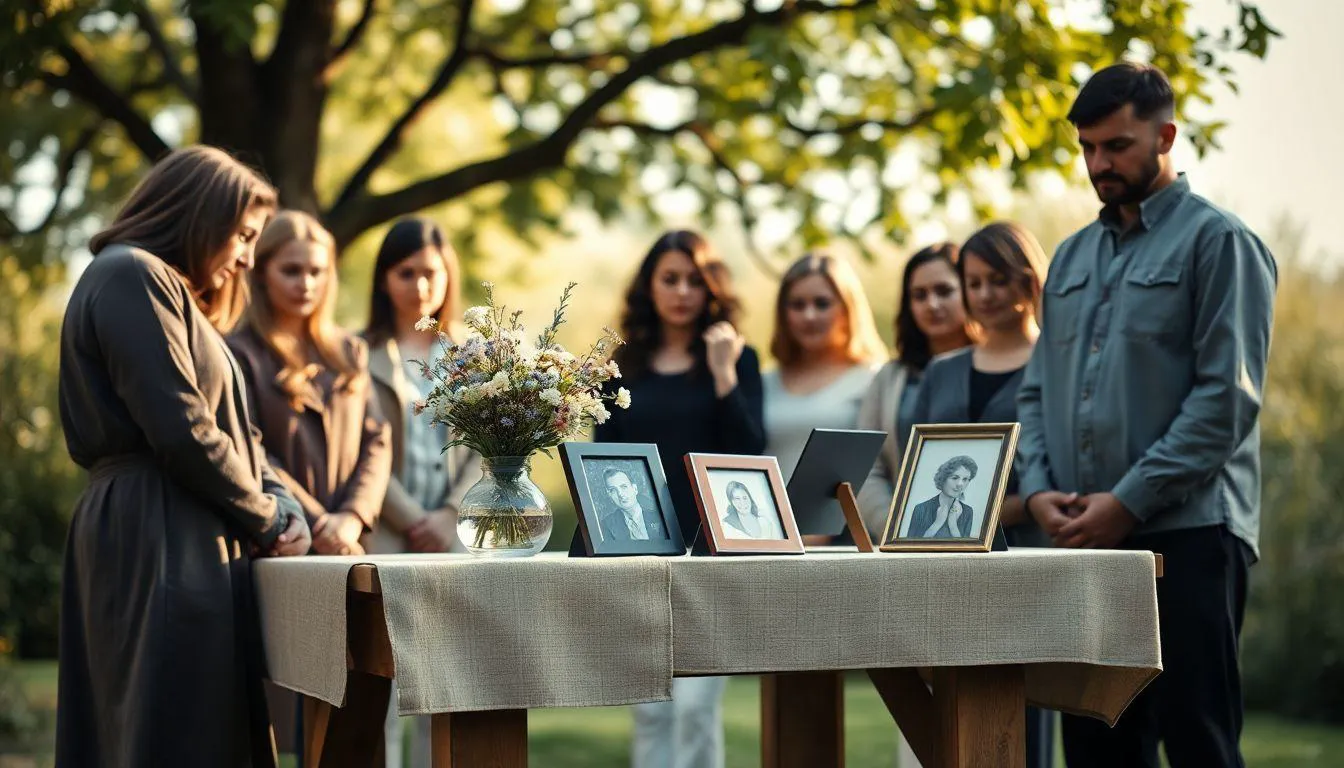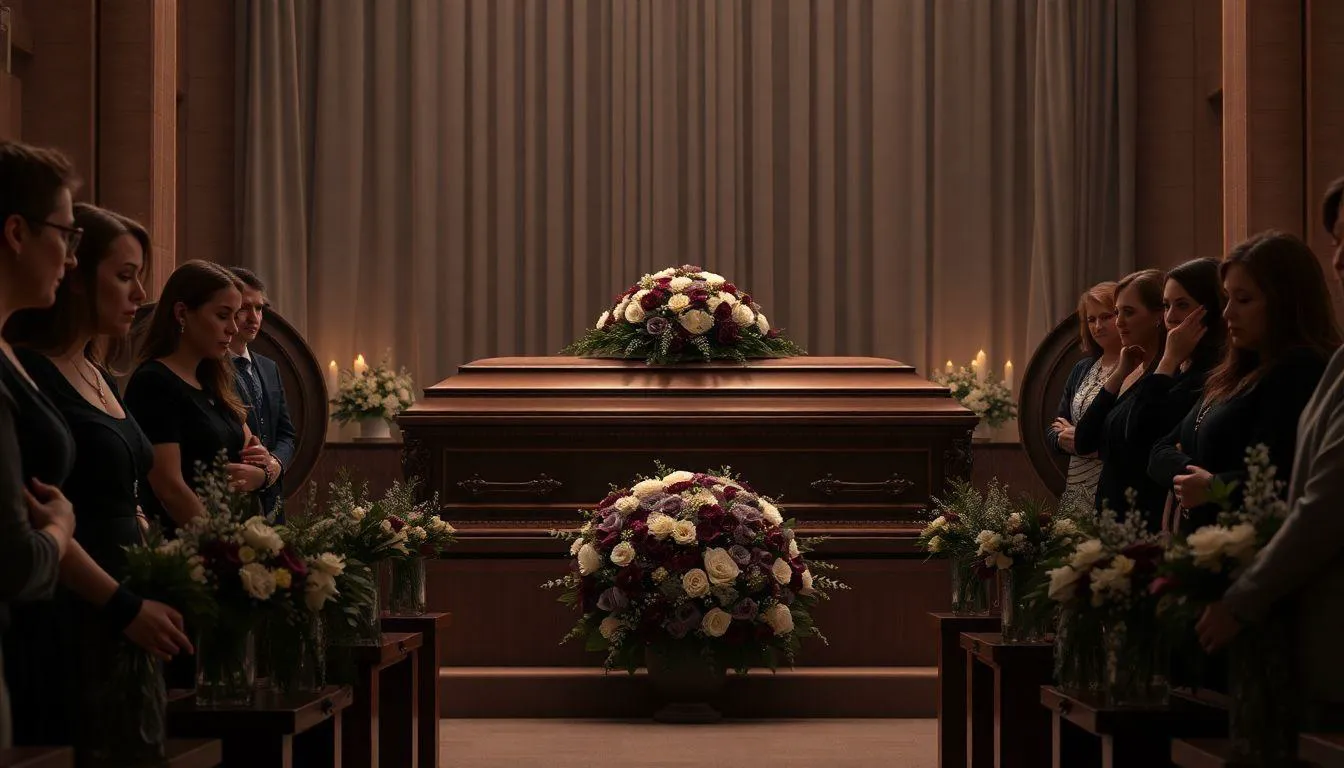What to Do When Someone Dies: A Practical Guide

The news of a loved one's passing can leave you in shock. It can feel like time stops, and confusion sets in as you struggle to process the loss. Death brings emotions that can be overwhelming. Not only do you deal with grief, but there are also numerous tasks to take care of immediately after. This guide offers a detailed plan to help you navigate these overwhelming moments, covering everything from what to do right away to long-term considerations.
Immediately After Death
Confirming the Death
The first step is to confirm the death. If you are unsure or need help, call emergency services. They will assess the situation and confirm if medical assistance is needed. This is particularly important if the death was unexpected and may require legal investigations.
Securing the Scene
If the death has occurred at home, secure the scene. This means ensuring no one enters the area until authorities arrive. Organizing this can help minimize chaos and preserve any needed evidence.
Contacting Relevant Authorities
Depending on the situation, it might be necessary to notify local authorities. If the death is suspicious or unexplained, contacting the police is crucial. They will investigate the circumstances.
Notifying Important People
Immediate Family and Close Friends
Once confirmed, telling immediate family and close friends is the next step. Choose someone compassionate to help deliver the news sensitively. Remember to:
- Prepare for varied reactions, from shock to anger.
- Allow time for each person to process the information.
Employer/School
It is essential to inform your loved one's employer or school. This is often a legal requirement. Gather necessary documentation such as:
- Death certificate or obituary.
- Information needed for leave or handling school records.
Other Necessary Parties
Don’t forget to notify other key entities, including:
- Insurance companies.
- Banks.
- Government agencies, like Social Security offices.
Arranging the Funeral or Memorial Service
Choosing a Funeral Home
Finding the right funeral home can influence how smoothly arrangements go. Consider factors like:
- Location.
- Services offered.
- Pricing.
Pre-planning can simplify decisions and reduce stress, so if this was done previously, refer to those plans.
Planning the Service
Decide on the type of service you want, whether a traditional burial, cremation, or memorial service. Think about cultural or religious customs that may affect the arrangements.
Managing Costs
Funeral expenses can add up quickly. On average, funeral costs can reach several thousand dollars. To manage them, consider:
- Comparing prices from different providers.
- Discussing budget constraints with the funeral director.
Handling Legal and Financial Matters
Obtaining the Death Certificate
You need a death certificate for various legal and administrative tasks. Typically, you can request this from the place of death or a funeral home. It is essential for settling estates and insurance claims.
Managing the Estate
The executor or administrator is responsible for handling the deceased's assets and debts. Key tasks include:
- Locating and securing assets.
- Paying off debts and taxes.
Common issues include disputes among heirs or unclear wills. It’s often beneficial to consult with a legal professional.
Dealing with Insurance and Pensions
Notify insurance companies and pension providers about the death. Each policy will have specific procedures for claims. Keep organized:
- Note deadlines for claims.
- Gather policy numbers and personal details.
Grieving and Seeking Support
Coping with Grief
Grief is a deeply personal journey, affecting each person differently. You may experience a range of emotions, including sadness, anger, and even relief. Healthy coping mechanisms include:
- Talking to someone you trust.
- Writing down feelings.
Statistics show that about 70% of people experience grief-related stress, which can impact mental health.
Seeking Support from Professionals and Support Groups
Professional help is often beneficial. Grief counselors and support groups can offer comfort and understanding. Counselors stress the value of sharing your feelings with others who resonate with your loss.
Caring for Yourself
Self-care is crucial during this challenging time. Focus on:
- Eating well.
- Getting enough sleep.
- Engaging in activities that bring joy.
Taking care of your physical and mental health can improve your overall well-being as you navigate grief.
Conclusion
Dealing with the death of a loved one is daunting. However, knowing the immediate steps to take can alleviate some burdens. Make sure to seek support from those around you and take time for self-care. Remember that it's okay to grieve, and you are not alone in this journey. The road ahead may be long, but there is hope and help available.
Start a memorial fund
Raise money to pay funeral costs, support a good cause, or cover anything else
Plan a Funeral
Create funeral event invitations and easily manage guest lists and RSVPs
Our blog
Lastest blog posts


